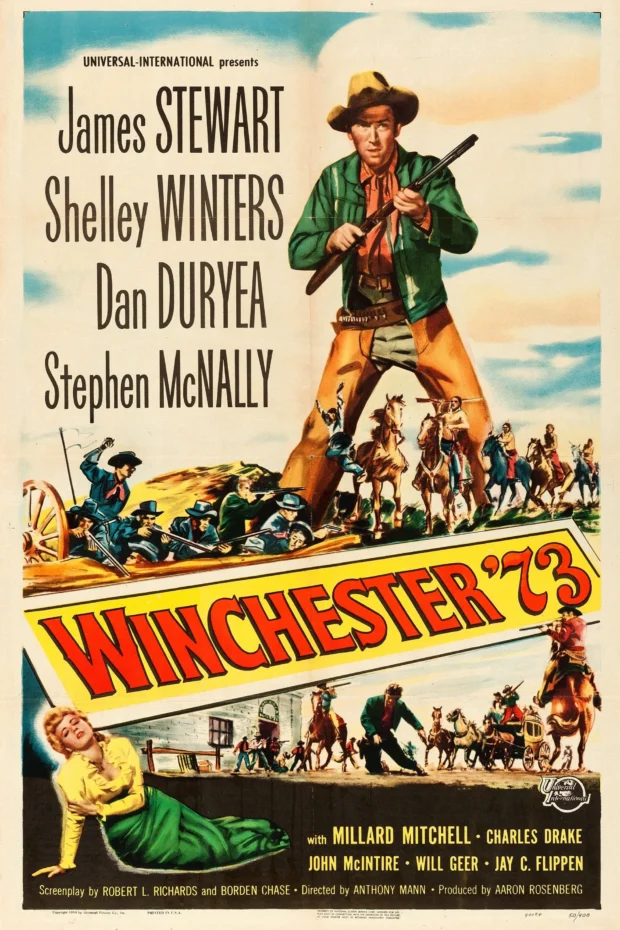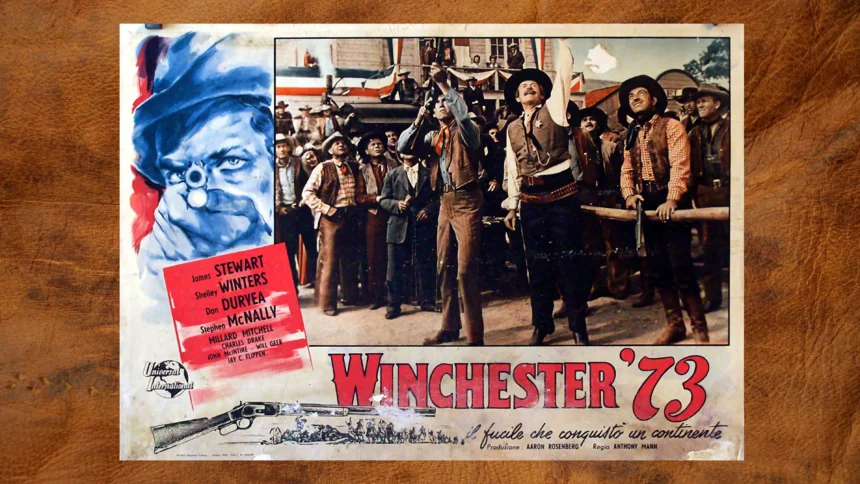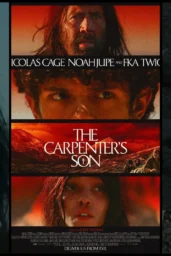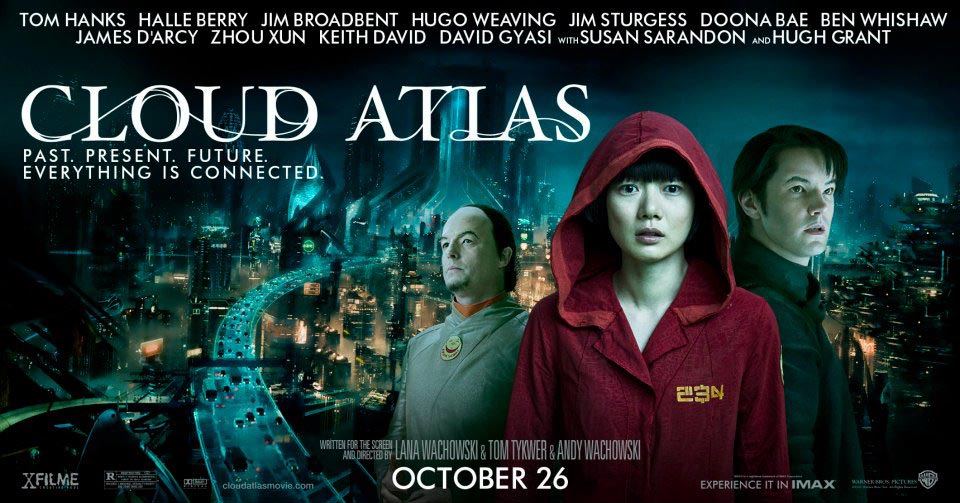James Stewart Rode Into a Western—and Hijacked Hollywood’s Pay Structure
James Stewart didn’t just shoot straight on screen—he gamed the system off it. In 1950, the aw-shucks icon of Hollywood’s golden age made a move that would terrify every accountant from here to Culver City: he ditched his salary, bet on the backend, and walked away with a paycheck that made execs choke on their cigars. The film? A dusty little western called Winchester ’73. The result? A profit-sharing revolution that made Hollywood’s money guys invent an entire genre of financial fiction: “Hollywood accounting.”
Why This Changes Everything (Still)
Here’s the kicker: Stewart was supposed to make $250K. Instead, he raked in $600K—almost triple—just by cutting a deal that gave him 50% of the net profits (which, in this rare case, actually existed). Adjust for inflation, and that’s a Tom Hanks-level payday… from a single shoot-em-up.
But Universal didn’t pop champagne. They panicked. The studios looked at Stewart’s windfall not as a blueprint for fairness—but as a threat to their power. And so they did what any self-respecting billion-dollar industry would do: they buried the truth in ledgers so creative they make Enron look like Sesame Street.
It’s no coincidence that Forrest Gump, which earned nearly $700 million, has never—never—turned a profit on paper. Not once. That’s not a bug in the system. It is the system.
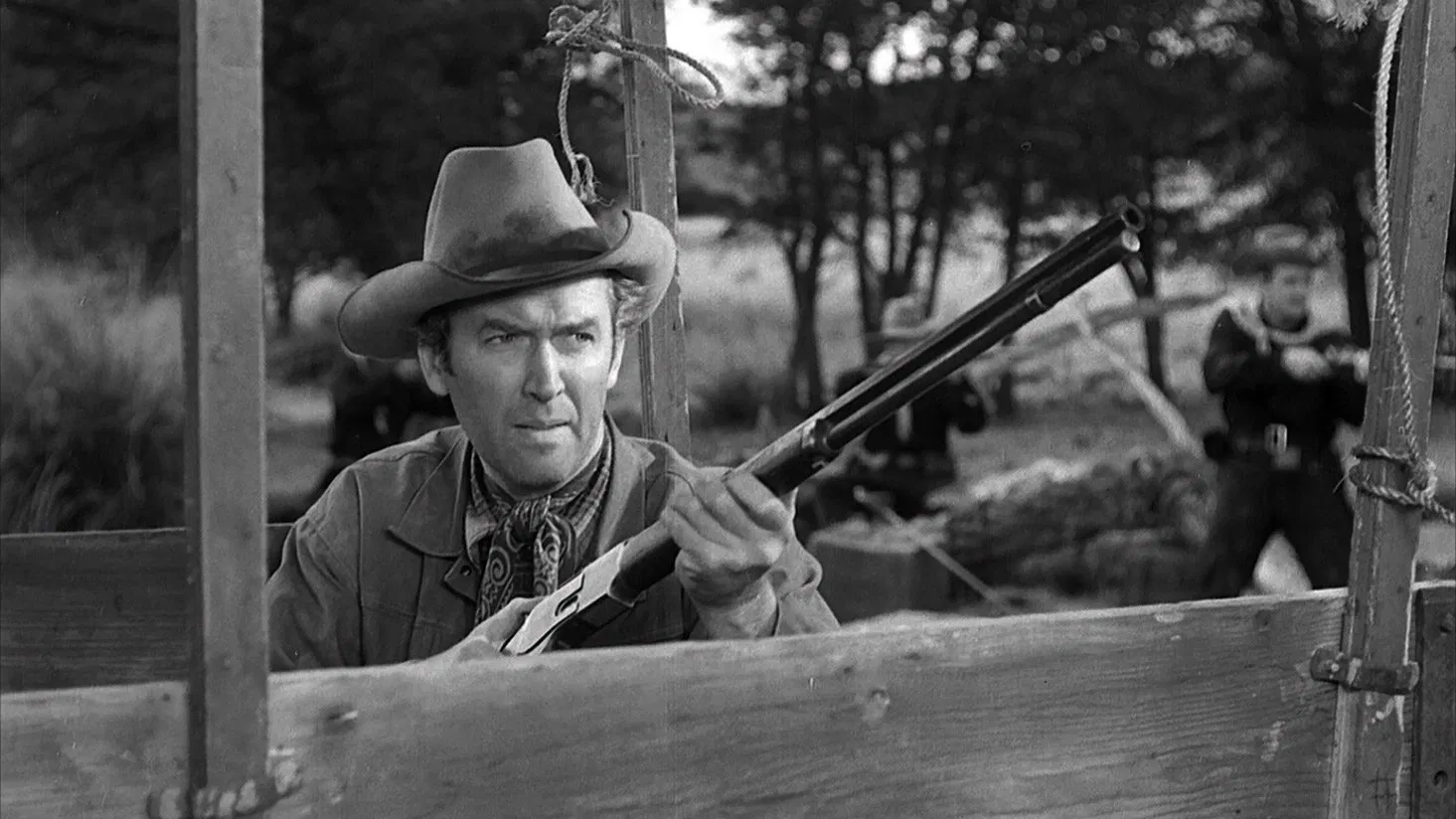
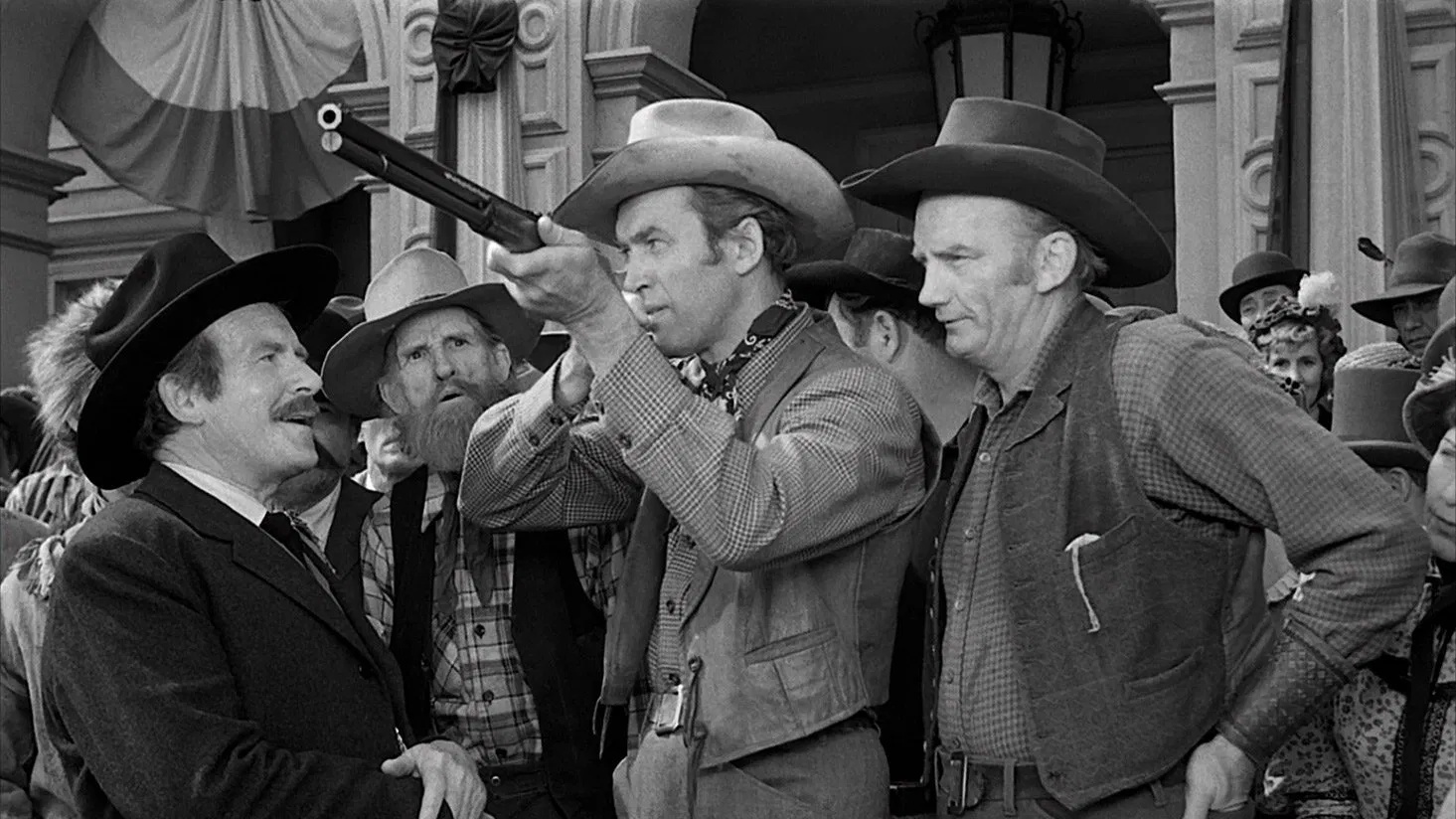
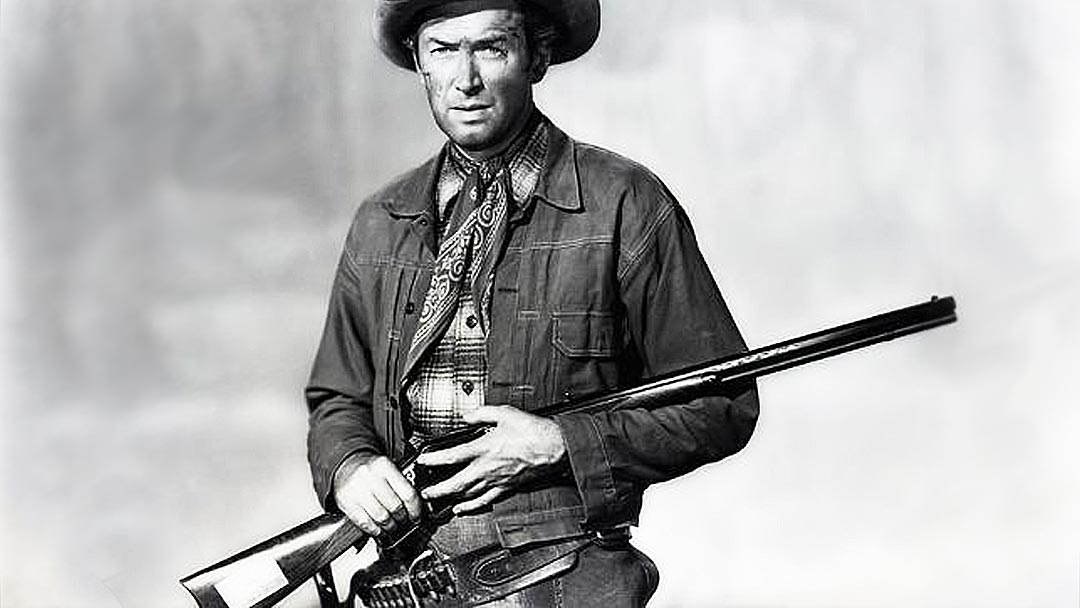
The Real Story: Stewart, Mann, and the Ghosts of Fair Pay
What makes Stewart’s move seismic isn’t just the money—it’s that he pulled it off without a studio greenlight. Backed by his agent (the soon-to-be power mogul Lew Wasserman), Stewart got his cut, bet on a film nobody believed in, and walked away rich enough to fund three more westerns.
Director Anthony Mann, the unsung master of character-driven grit, stepped in after Fritz Lang fell out, and the two (Stewart and Mann) went on a spree that defined the ’50s western—and rewrote the financial script. Bend of the River followed Winchester ’73 and made even more. By 1953, Stewart had cashed in nearly $20 million in 2025 dollars. The problem? He made it look too easy.
Today’s actors are still feeling the fallout. Want backend points? Good luck seeing a cent. That’s why Scarlett Johansson went nuclear on Disney. Why Eddie Murphy sued Paramount over Coming to America 2. And why accountants in Burbank probably break into a cold sweat anytime a star asks to “see the receipts.”
Final Shot: Genius or Folly? Depends Who You Ask
Did James Stewart just outsmart the system—or awaken the monster that would become Hollywood accounting? Either way, the next time someone tells you a movie “didn’t make money,” check their math. And maybe their soul.
Would you trust your paycheck to a studio ledger? Or take Stewart’s gamble?
Tell us in the comments—or better yet, send us your invoice.
